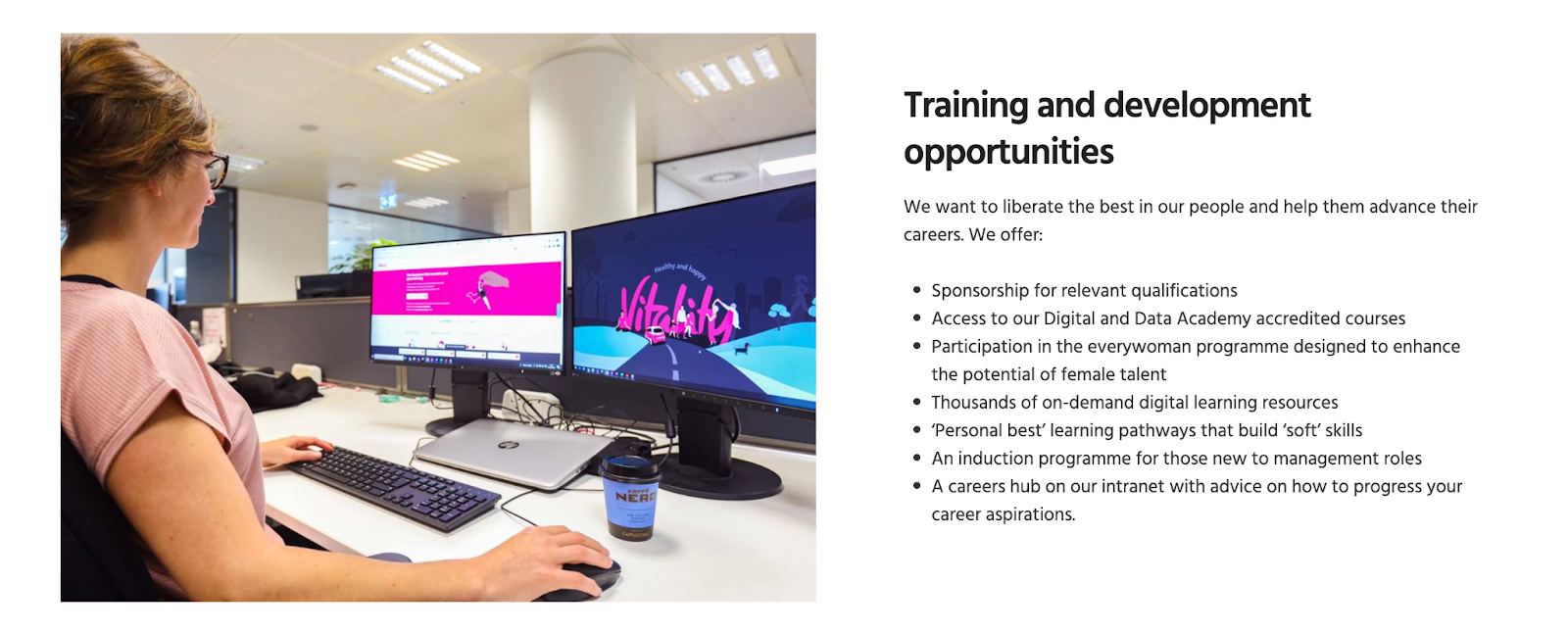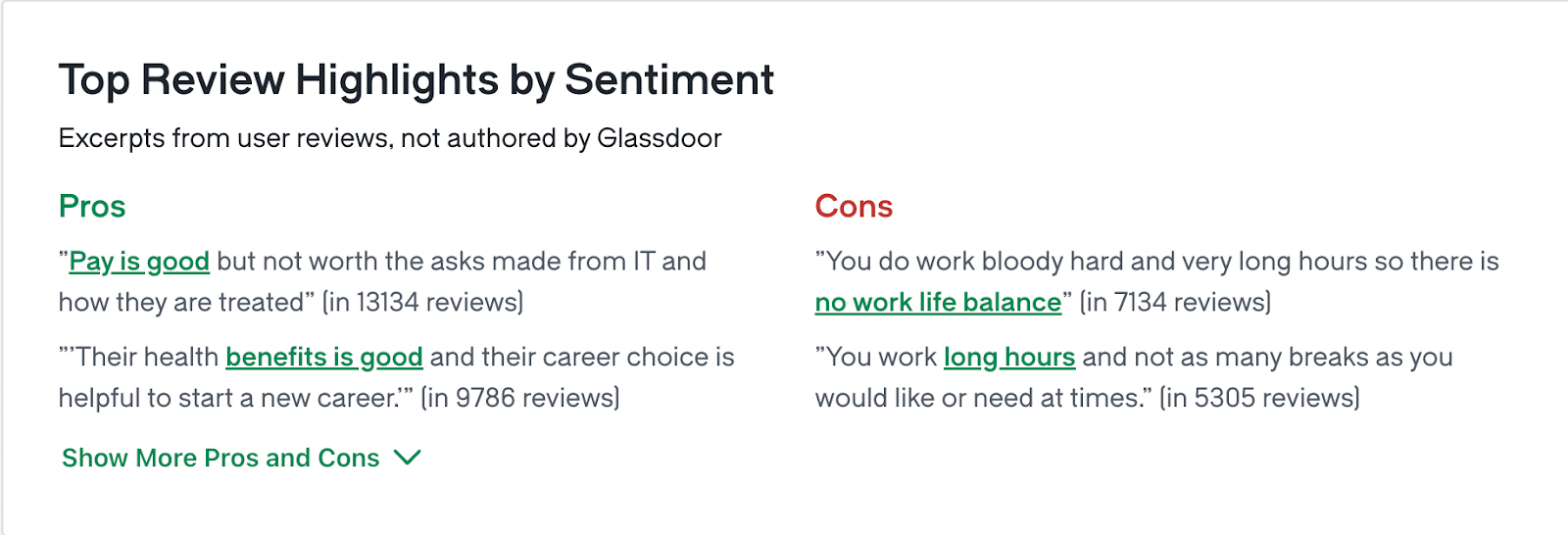Small and medium-sized enterprises (SMEs) can use the low-cost employer branding strategies in this article to push through the barriers of limited resources, attract and retain talent, and compete with larger companies for suitable candidates.
SMEs should create a strong employer brand that describes the benefits employees receive in return for their experience, skills, and contacts. This gives potential job seekers and current employees an accurate idea of the employer’s reputation as a workplace.
Jan Denys, the Director of Public Affairs at recruitment agency Randstad, said: “People want to feel valued and have a chance to fulfil their potential. They want to work within a culture and environment that is friendly, supportive, and enables them to balance their professional and personal lives. In difficult times like these, job security becomes more important. Many people also want to make a difference to the world around them. All these multiple factors are wrapped up in the employer brand.”
Here are some benefits of having a strong employer brand:
- You will have many more candidates to choose from, as 96% of employees said they would be more likely to apply to a company with a good employer brand.
- It will be easier to attract the right talent, as a great employer brand generates twice as many qualified applicants.
- A clear employer brand helps create a positive reputation in the industry and can help organisations attract people that fit with the company’s values and culture.
- A strong employer brand reduces turnover by 28%, increasing employee retention and productivity.
Three Low-Cost Employer Branding Strategies For SMEs
1. Make Your Brand’s Mission and Values Clear
Your employer value proposition (EVP) highlights what values your brand would like to be associated with and what differentiates you from other brands. It also defines your brand’s strengths and the benefits, opportunities, and work culture you can offer your employees.
Developing a clear EVP is an essential employer branding strategy as it will be the guideline for all other strategies. To begin thinking about your EVP, ask yourself these questions:
- What are your brand values? Consider whether you want to donate some profits to charity, support local causes, or create a sustainable working environment.
- What is the work culture like within your company? Think about whether you offer free snacks in the office, have casual-dress Fridays, or want to reward your employees with annual trips or parties.
- What makes your brand different from competitors? Consider whether you can offer flexible working hours or work-from-home equipment.
- What benefits and opportunities can you offer your employees? Think about providing on-the-job training or access to training programmes that can enhance your workforce’s skills.

(Image Source: Vitality)
If you are unsure of any answers, you can start by interviewing your employees and analysing their responses to see what would appeal to them.
2. Leverage Current Employees
Your current employees are your best ambassadors, so encourage them to promote your brand in a positive light and use employee testimonies to create honest content to inform future applicants.
Firstly, ask your employees to provide feedback and reviews of your company through social media and company review sites. This will ensure that potential candidates can see what it’s like to work in your company from those who know best. In addition, it will also help you identify the problems your current employees are facing.
You must publicly respond to all this feedback, whether positive or negative, as this shows that you care about your employee’s feelings and your brand’s reputation.

(Image Source: Glassdoor)
Next, get your employees to promote your brand on social media when possible. For example, encourage employees to upload responsible photos and videos at company events. They could also tag your company location and post comments relating to the event.
Finally, consider offering a referral program to see employees receive incentives for encouraging their friends and families to apply for roles within your SME. For example, an employee could receive an extra two days annual leave if a person they refer for a position stays in the company for six months or longer.
3. Utilise Social Media
Social media is one of the most affordable ways to build a strong employer brand from your smartphone. It is essential to showcase your work culture by being active on social media and posting consistent content that aligns with your EVP.
As mentioned, employees should be encouraged to promote the workplace culture on social media. In addition, you can also post content on your brand’s social media pages to keep followers engaged and interested in business and social events.
Finally, you could team up with influencers. Influencers have a loyal built-in fan base that can help SMEs reach new audiences. However, ensuring that the influencers’ values match your brand’s values is essential.
If developing a strong employer brand is low on your list of priorities, today’s competitive hiring landscape should push it towards the top, and you should get started immediately.


















































































































































